Introduction to Chess Engines and AI
Chess engines, sophisticated software programs that play chess, have intrigued both the chess and tech communities for decades. A common question is whether these engines are considered artificial intelligence (AI). This article delves into the technology behind chess engines, their categorization in the realm of AI, and how they have evolved over the years to mimic, and sometimes surpass, human intelligence in chess.
The Basic Mechanism of Chess Engines
At their core, chess engines function by calculating thousands or even millions of positions per second. They evaluate positions using a number of metrics, including material count, piece mobility, king safety, and more. This numerical approach to evaluating positions is derived from a set of programmed rules and algorithms, which guide the engine to make decisions that maximize its chances of winning.
Tree Search Algorithms
Most conventional chess engines use a type of algorithm known as a tree search — primarily alpha-beta pruning and its enhancements like iterative deepening. These algorithms systematically explore possible future moves (the move tree) and prune branches that are unlikely to lead to success. The depth of these searches varies depending on the engine's programming and the computational power available.
Evaluation Functions
Apart from searching through move trees, chess engines use evaluation functions to score chess positions. These functions are complex formulas that weigh various positional and material factors, assigning a numerical value to how favorable a given chess position is for one side. The effectiveness of these functions significantly influences the strength of a chess engine.
Are Chess Engines AI?
To determine if chess engines can be classified as AI, we must consider the definition of AI itself. Generally, AI refers to the capability of a computer or a robot controlled by a computer to perform tasks that require human intelligence. This includes learning, reasoning, problem solving, perception, and understanding language.
Traditional chess engines, while advanced, do not 'learn' from their experiences. They operate solely based on their preprogrammed algorithms and do not alter these algorithms based on game outcomes. This form of static, rule-based operation is more closely aligned with 'weak AI' or 'narrow AI', which is designed to perform a narrow task (in this case, playing chess). However, they do not possess consciousness or genuine understanding, characteristics typically associated with 'strong AI'.
The Rise of Machine Learning in Chess Engines
Introduction of Machine Learning
The landscape of chess engines has significantly changed with the advent of machine learning techniques. Unlike their rule-based predecessors, machine learning-based chess engines, such as AlphaZero, developed by DeepMind, use an approach known as reinforcement learning. Here, the system learns optimal play by playing countless games against itself, learning from wins, losses, and draws to adjust its algorithms dynamically.
Capabilities of Machine Learning-Based Chess Engines
These advanced chess engines go beyond mere calculation to 'understand' and 'learn' strategies in a way reminiscent of human learning. For instance, AlphaZero has demonstrated the ability to devise novel strategies that have revolutionized the understanding of chess among even the top human players. This ability to learn and adapt is a defining characteristic of AI, showcasing a significant shift towards what might be considered genuine artificial intelligence in chess.
Conclusion
Traditional chess engines, given their reliance on static algorithms and lack of learning capability, align more with definitions of narrow AI. However, the development and results seen from AI-driven systems like AlphaZero suggest a transition towards engines with real AI capabilities—challenging established notions of strategy in chess and showing promise for broader applications of AI technology. Chess engines, both traditional and AI-powered, continue to push the boundaries of what computers can achieve, blurring the lines between machine calculation and genuine intelligence.
Explore our large collection of luxurious chess sets!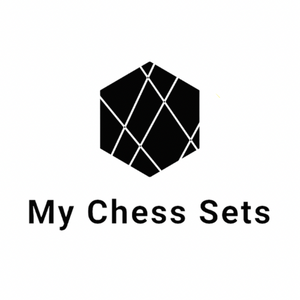
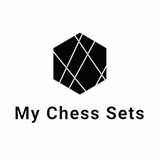
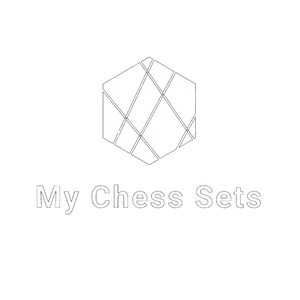




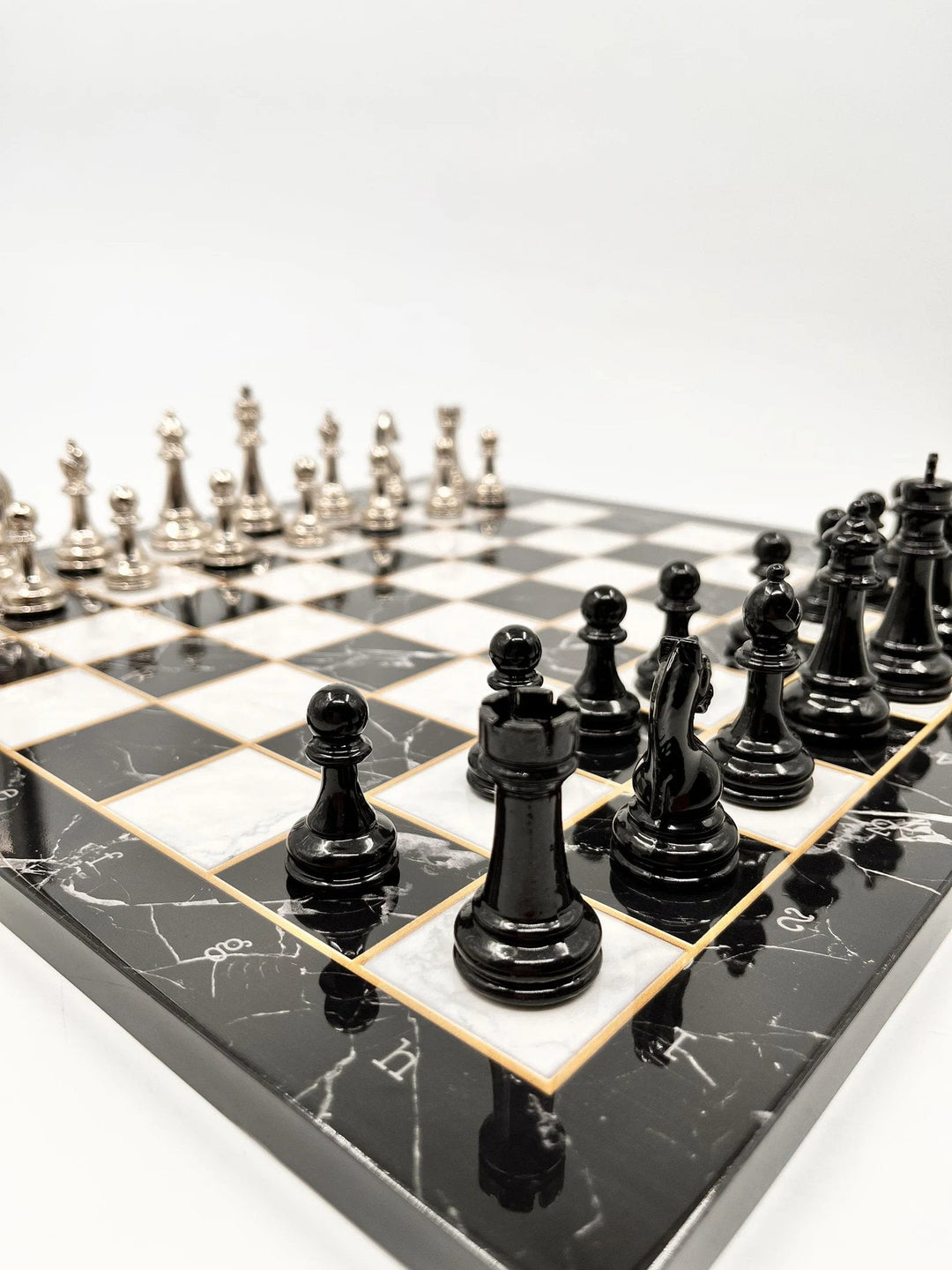

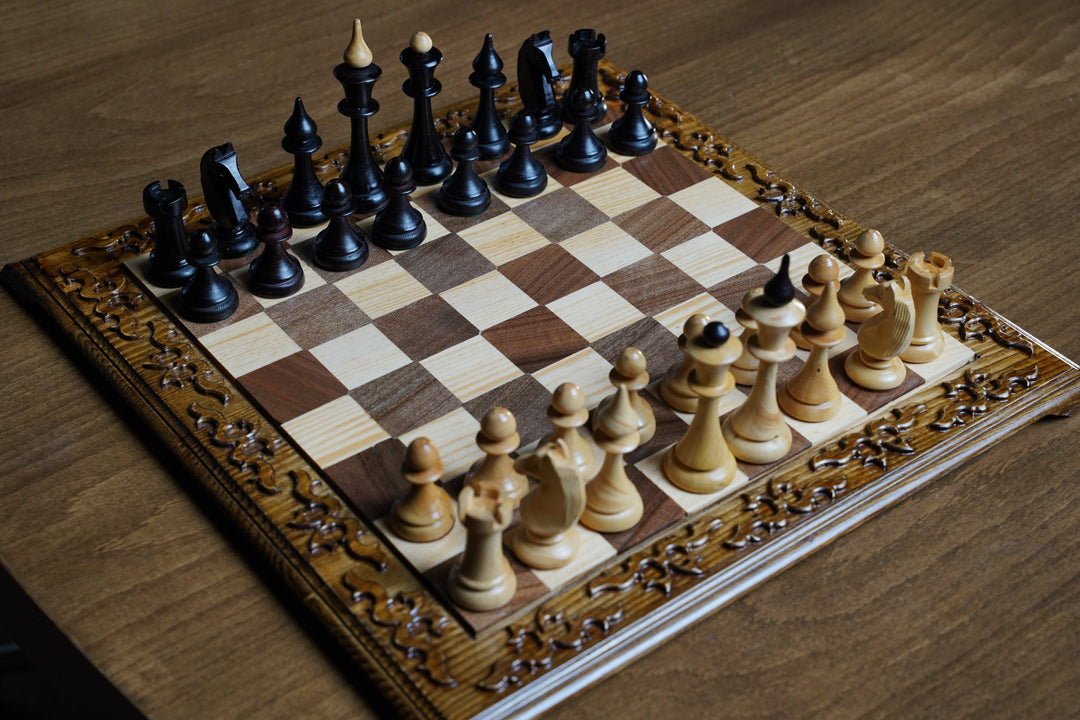
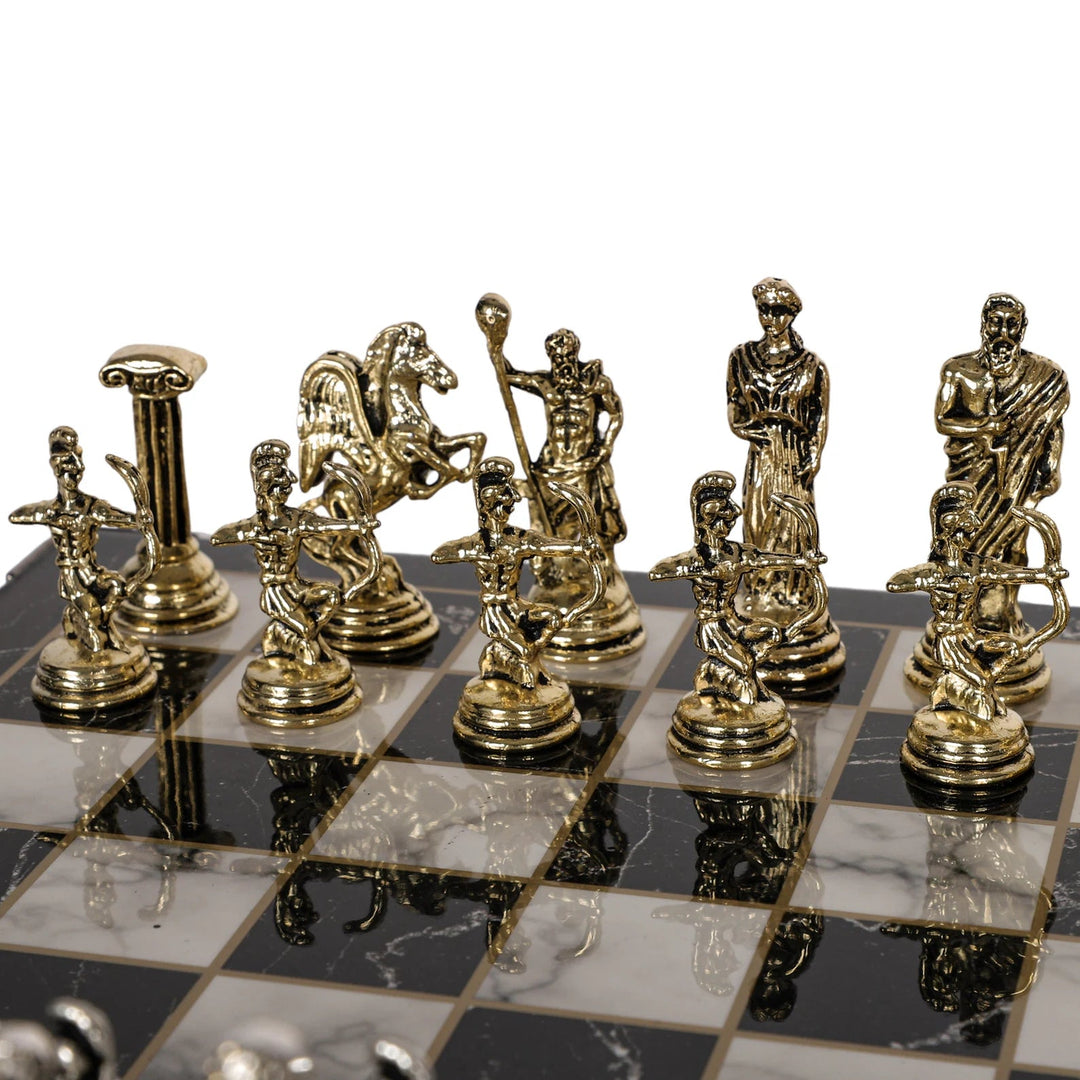
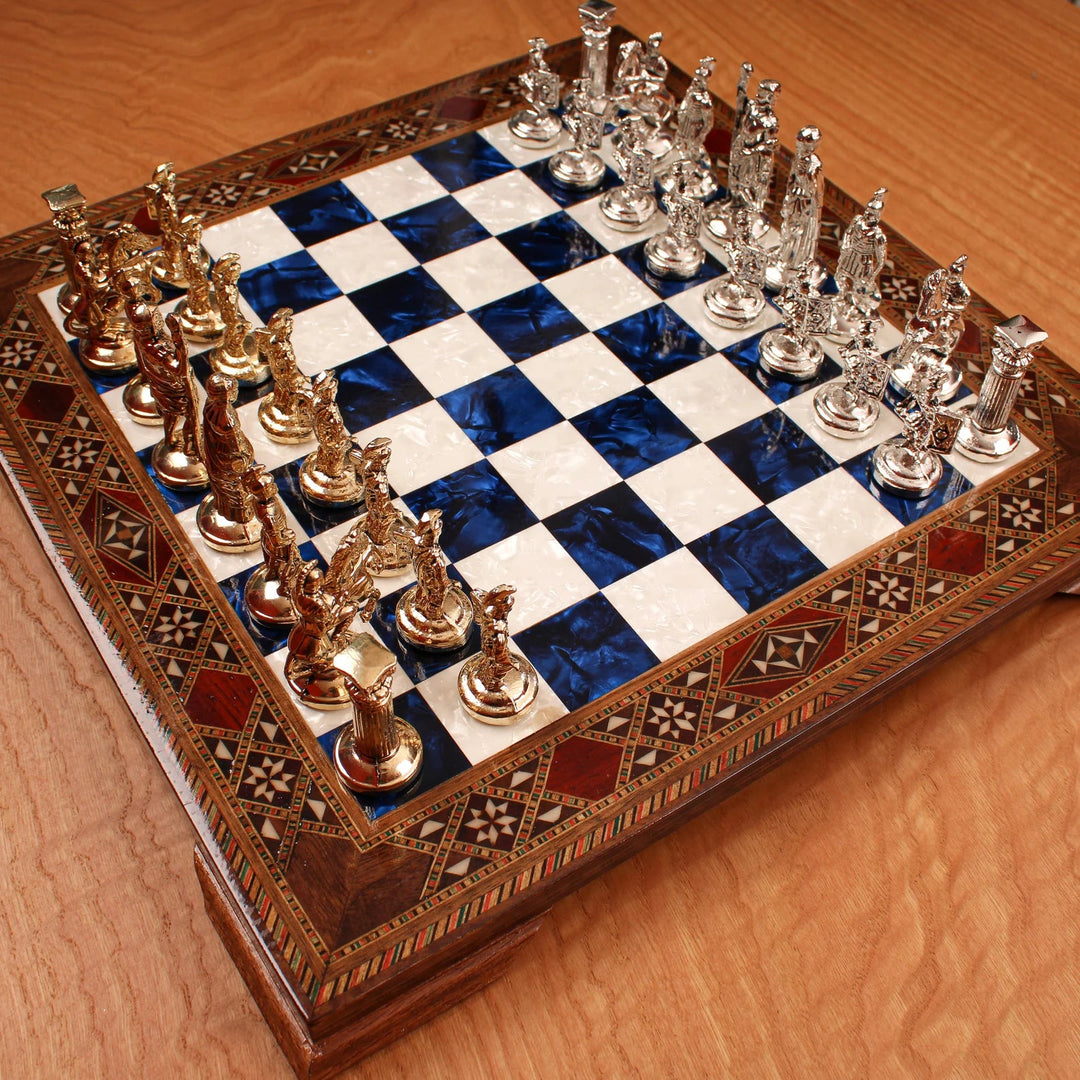



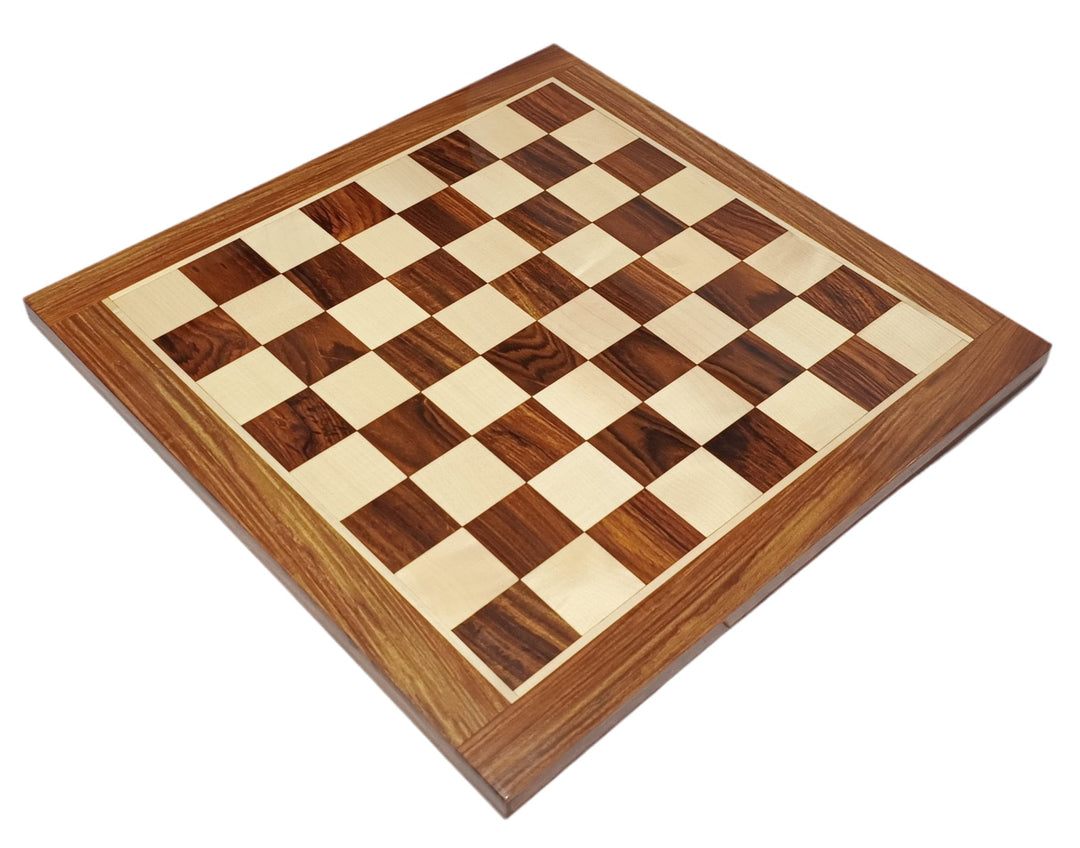

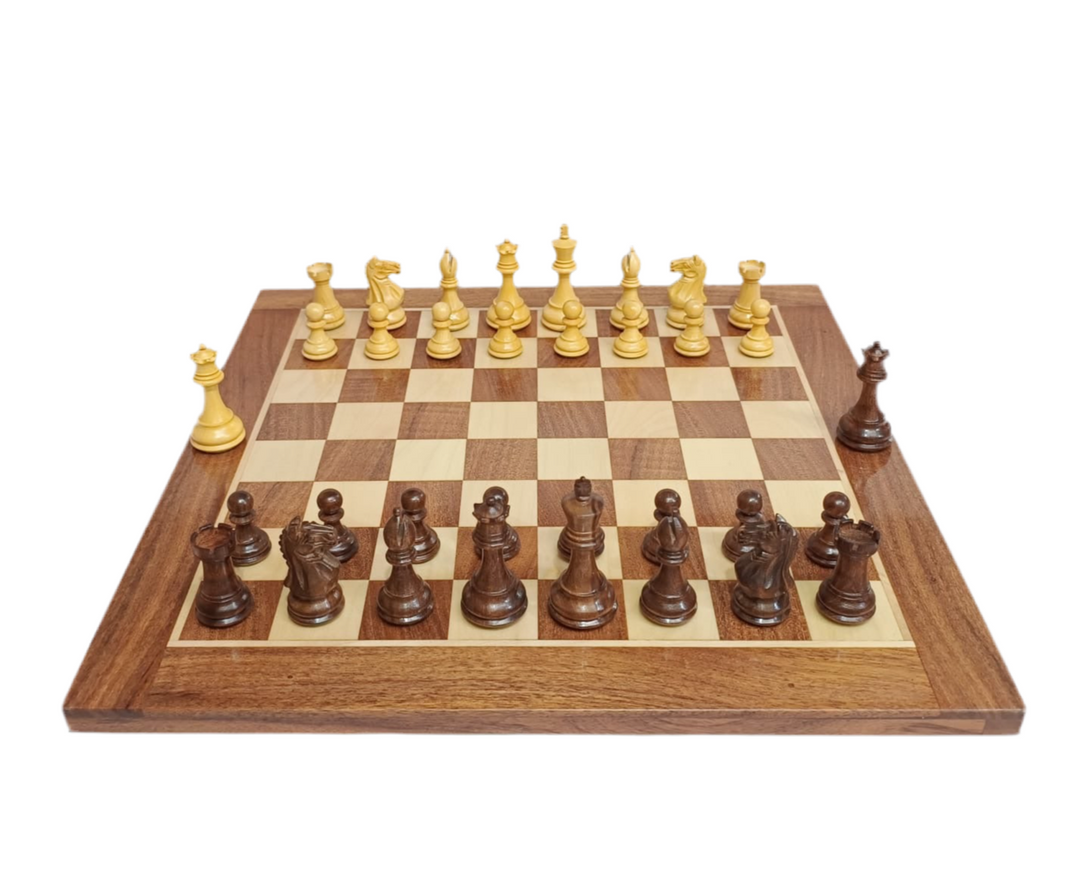

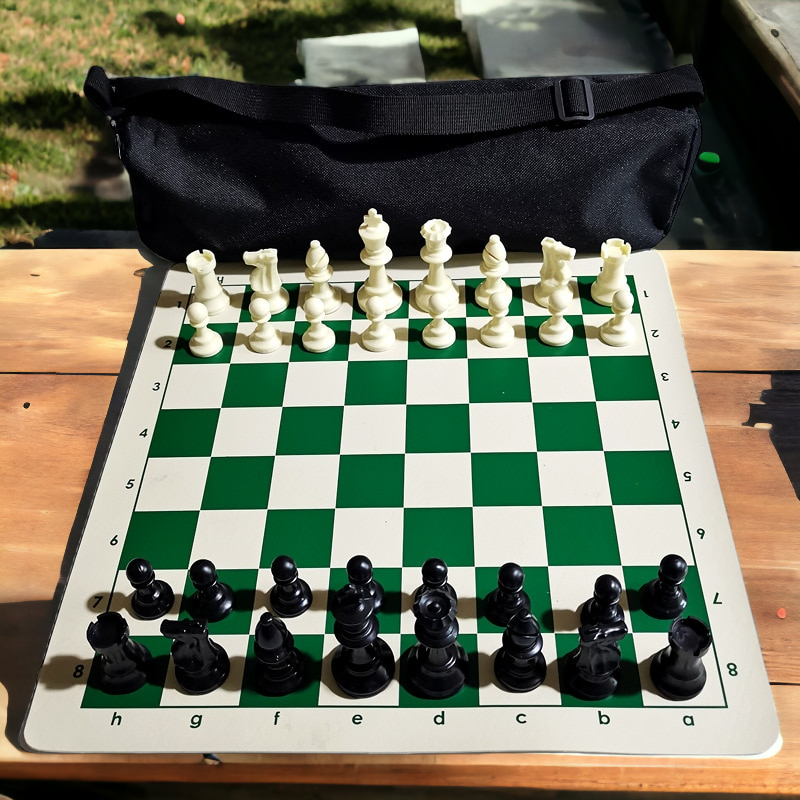

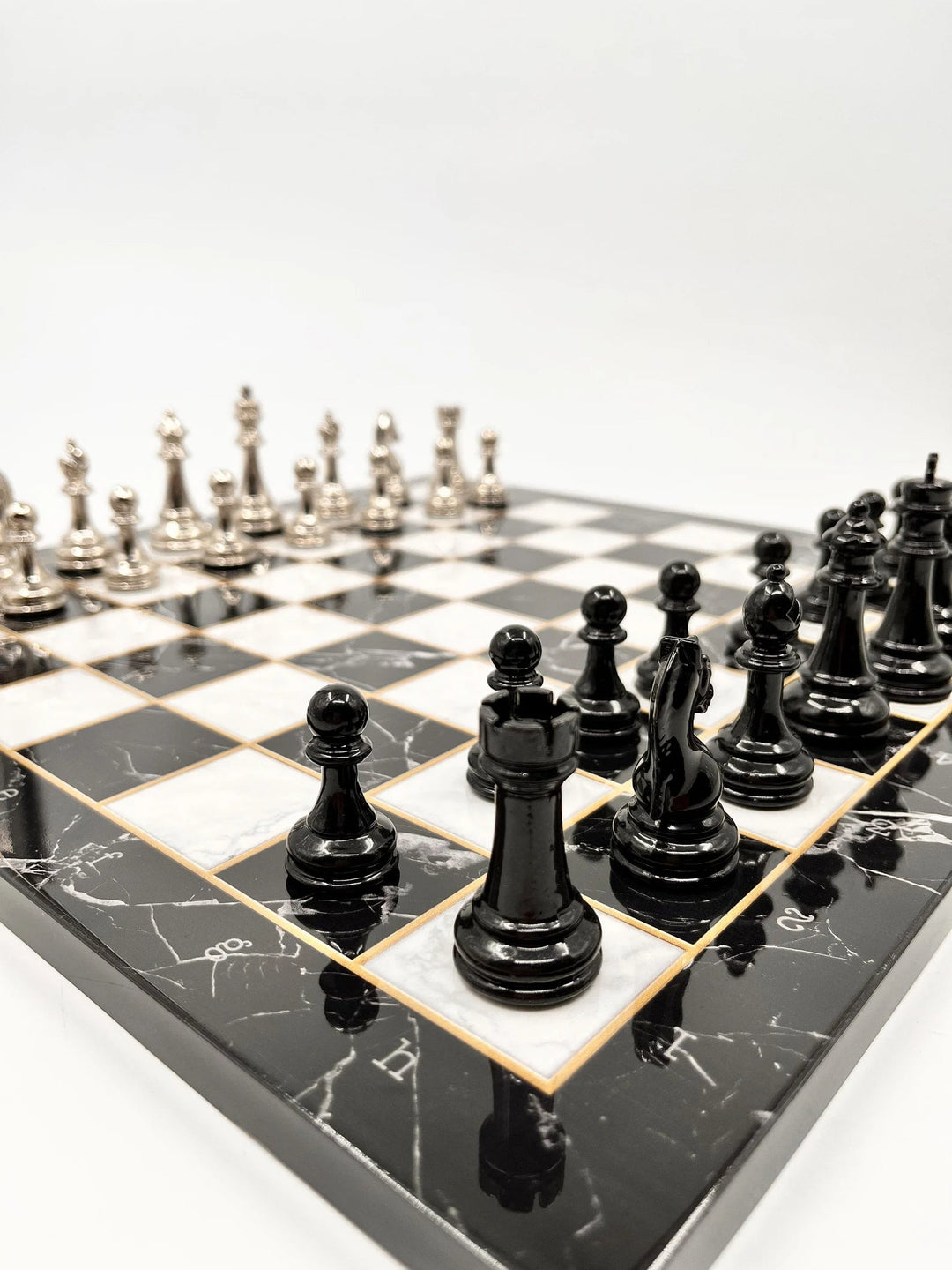
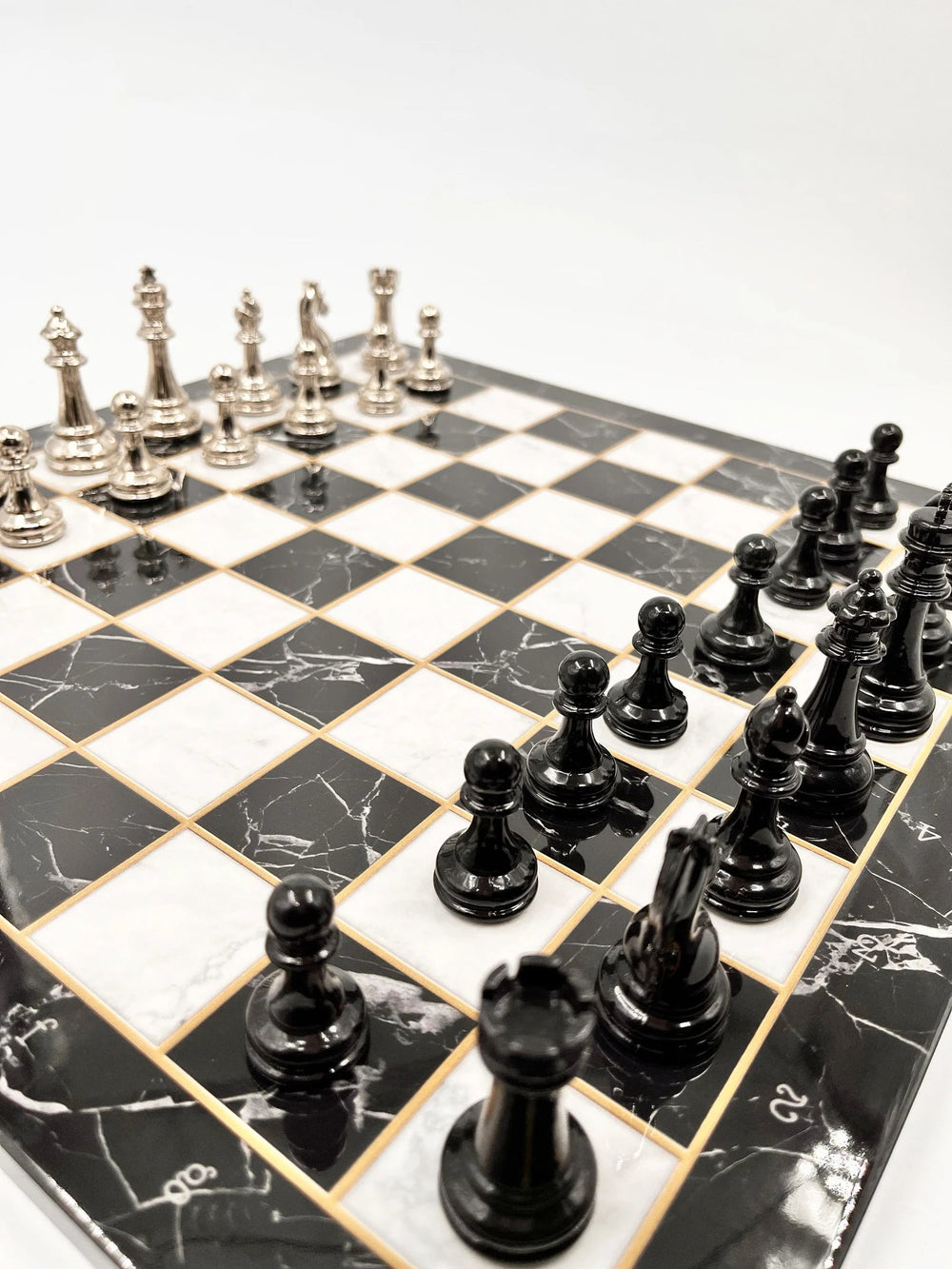


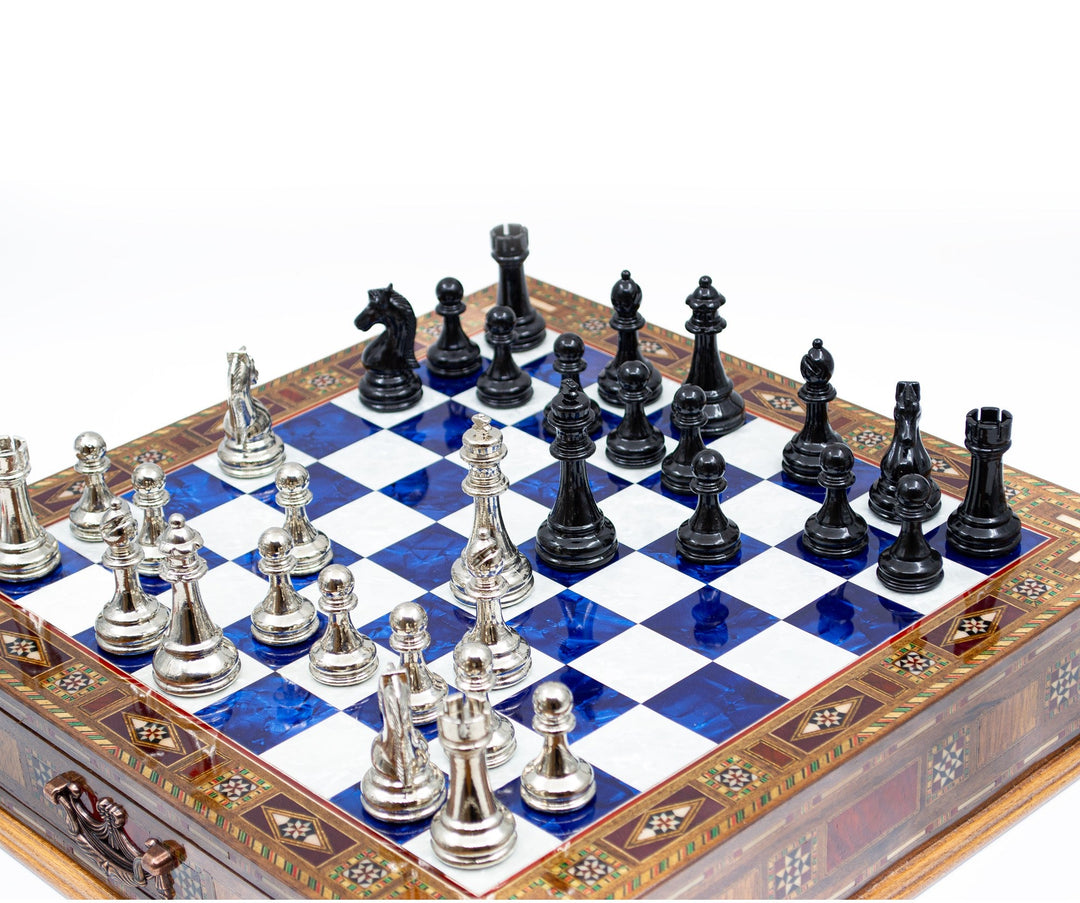
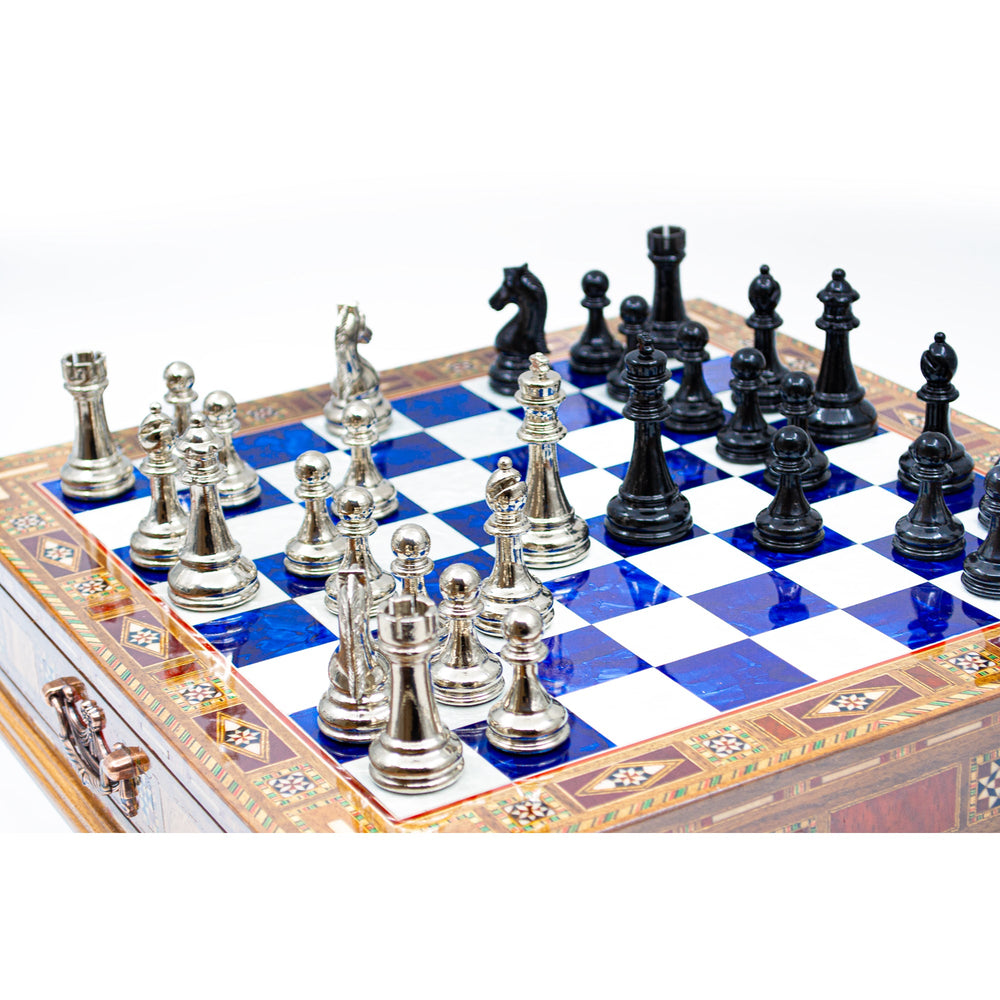
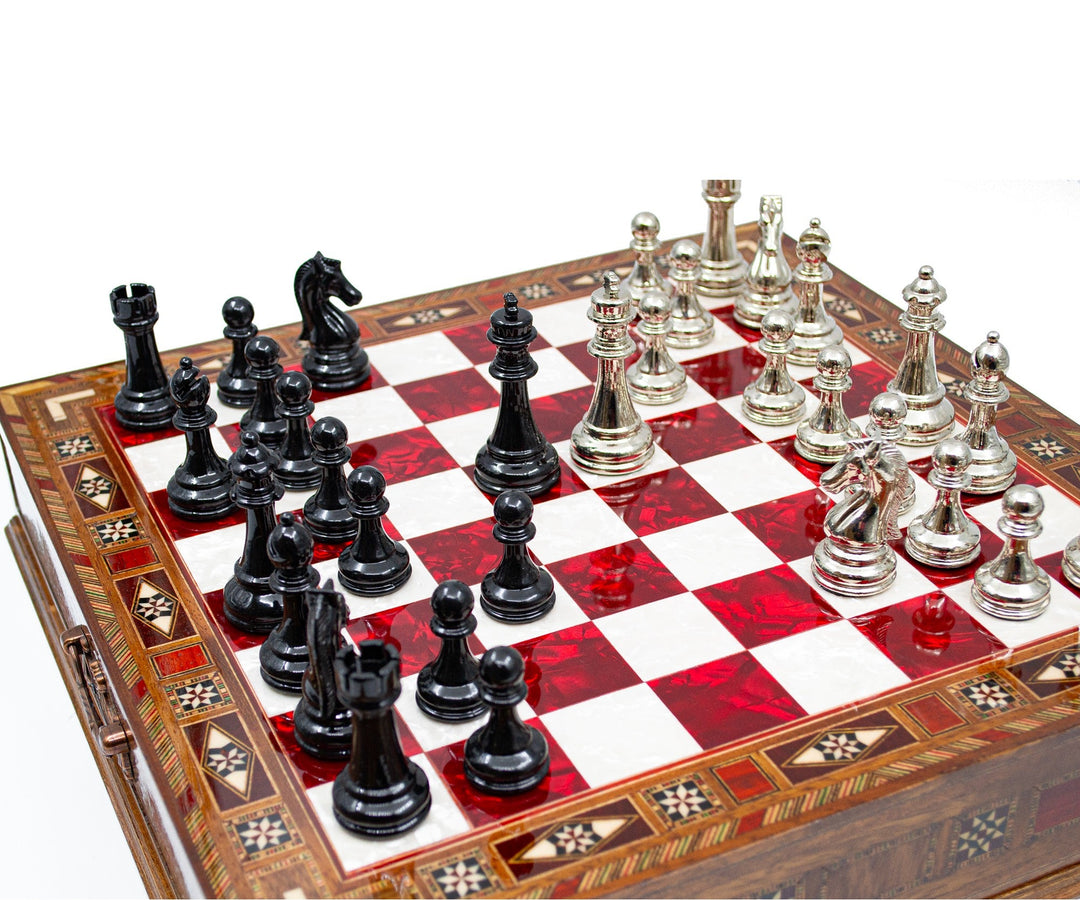

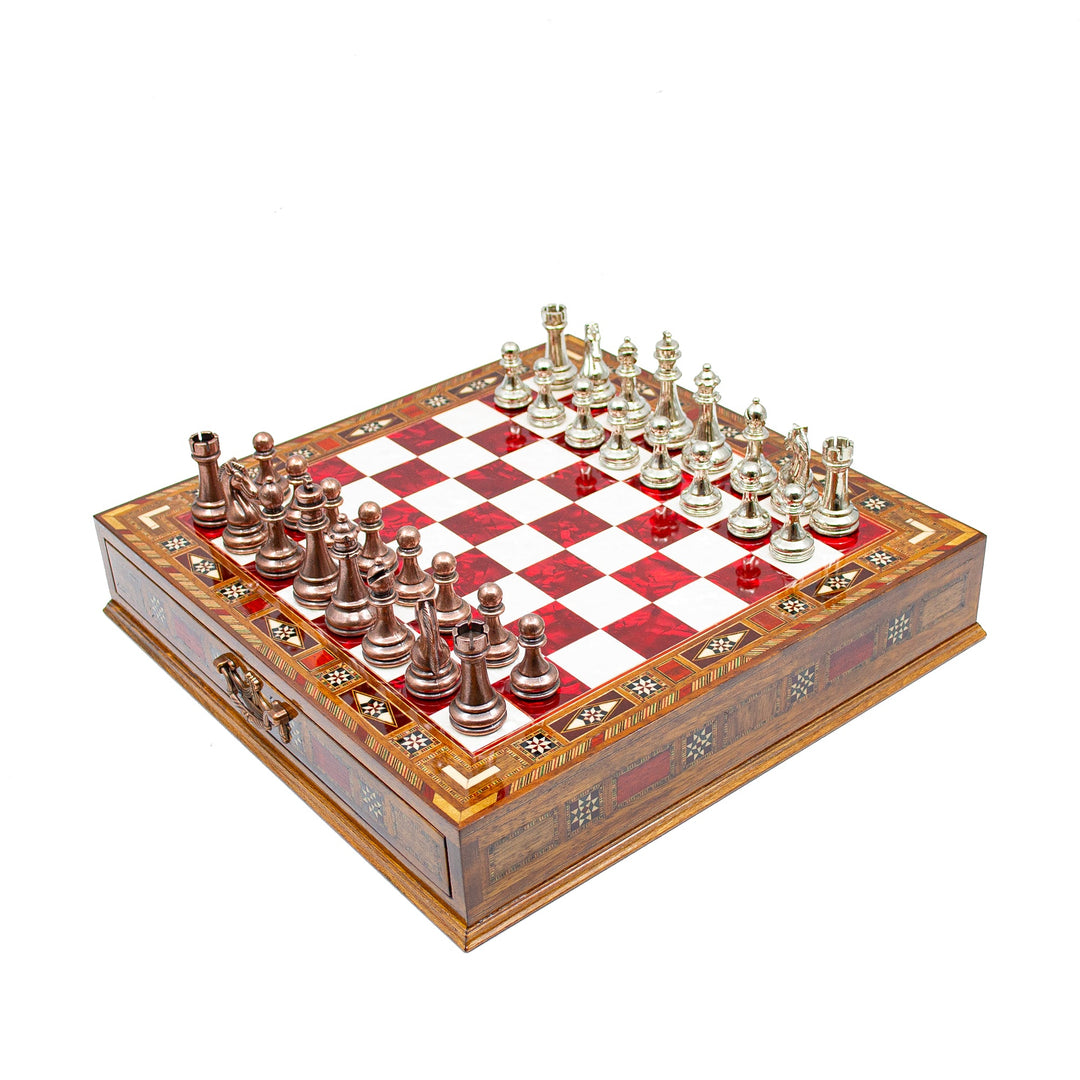
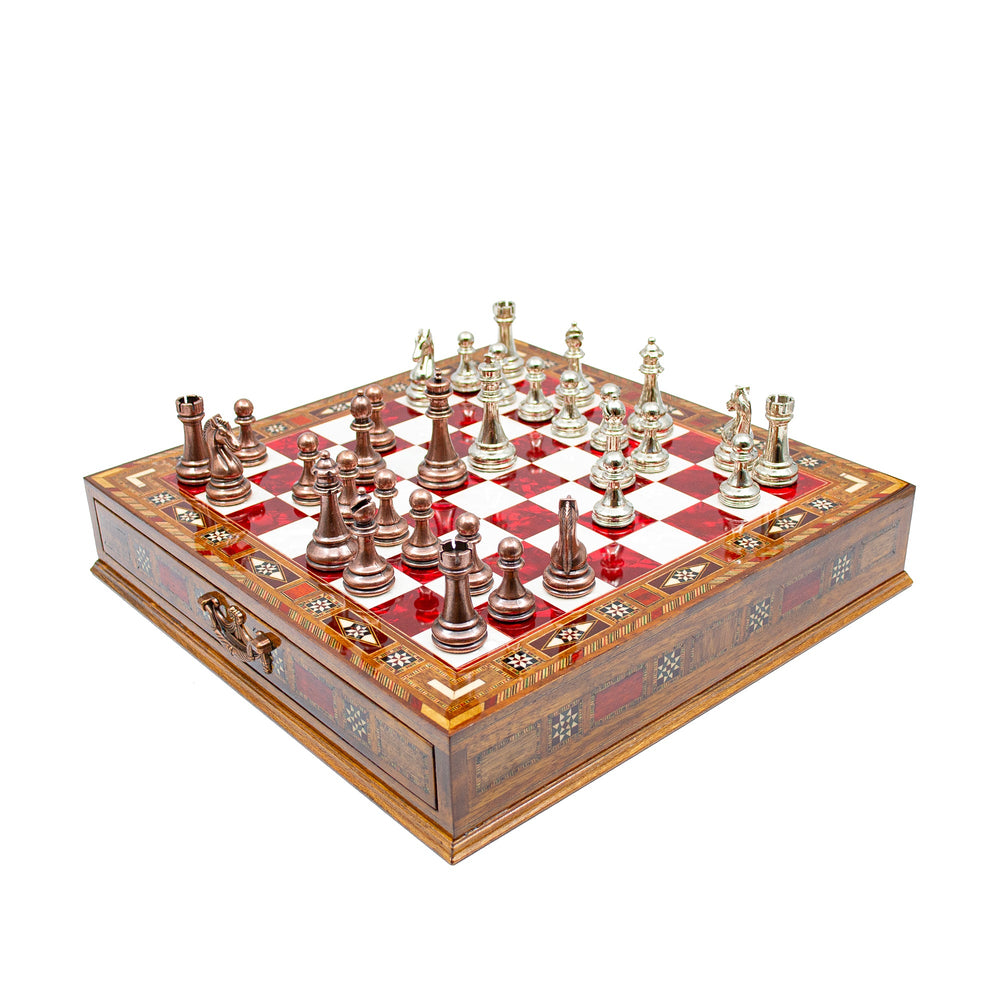
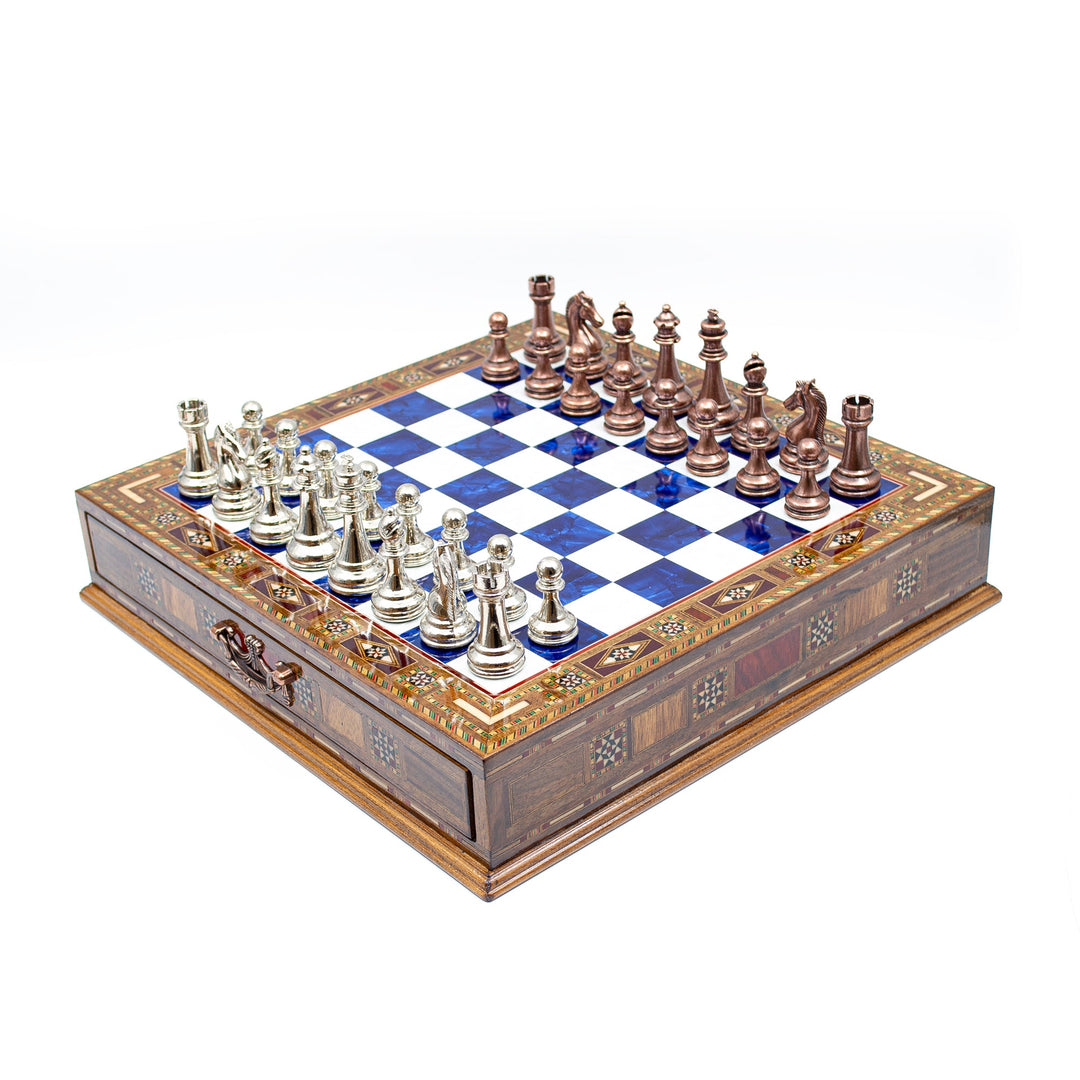
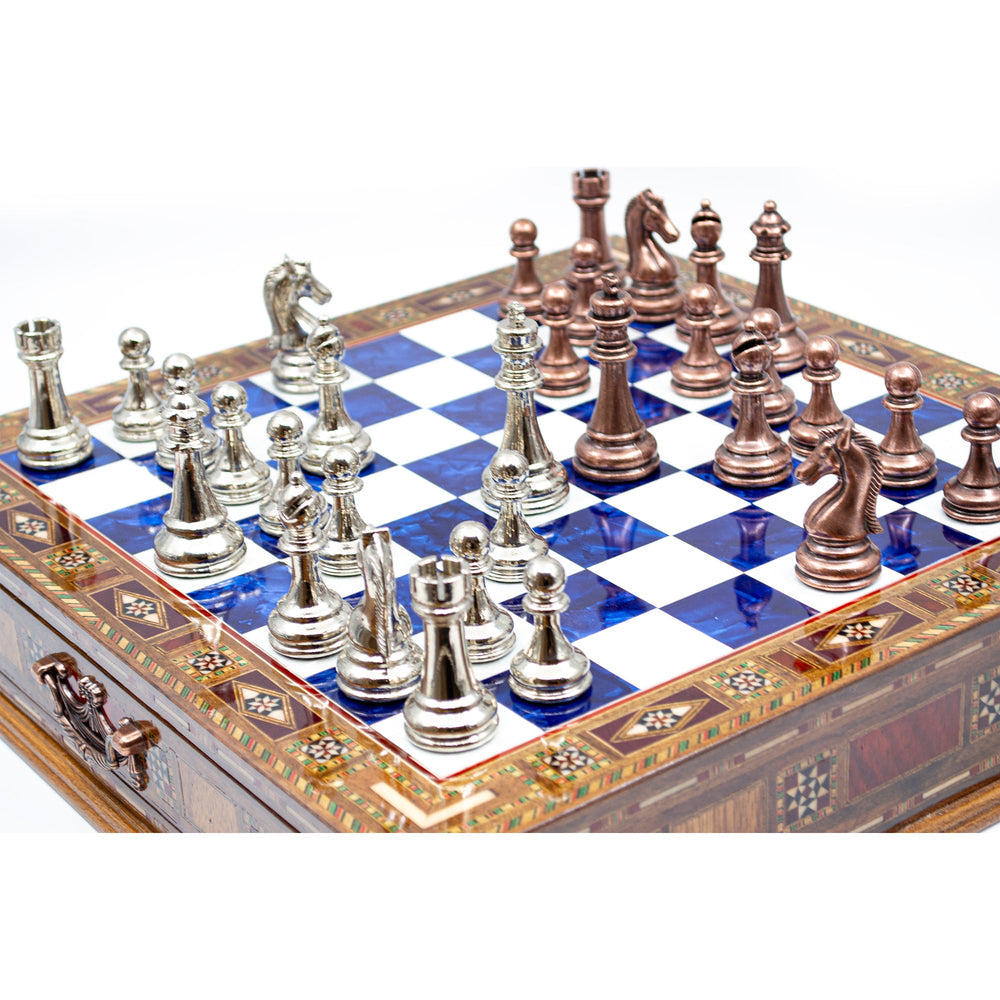


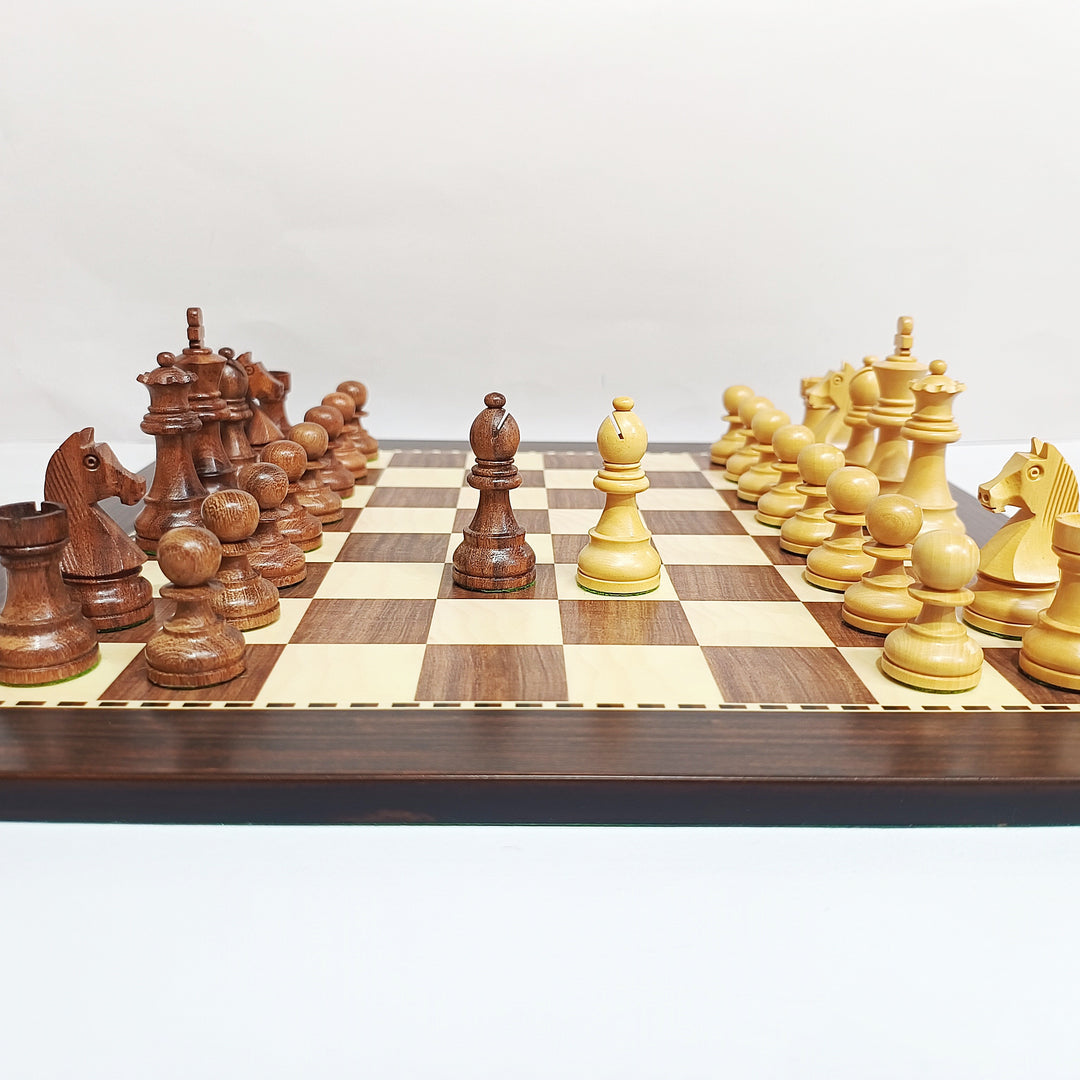

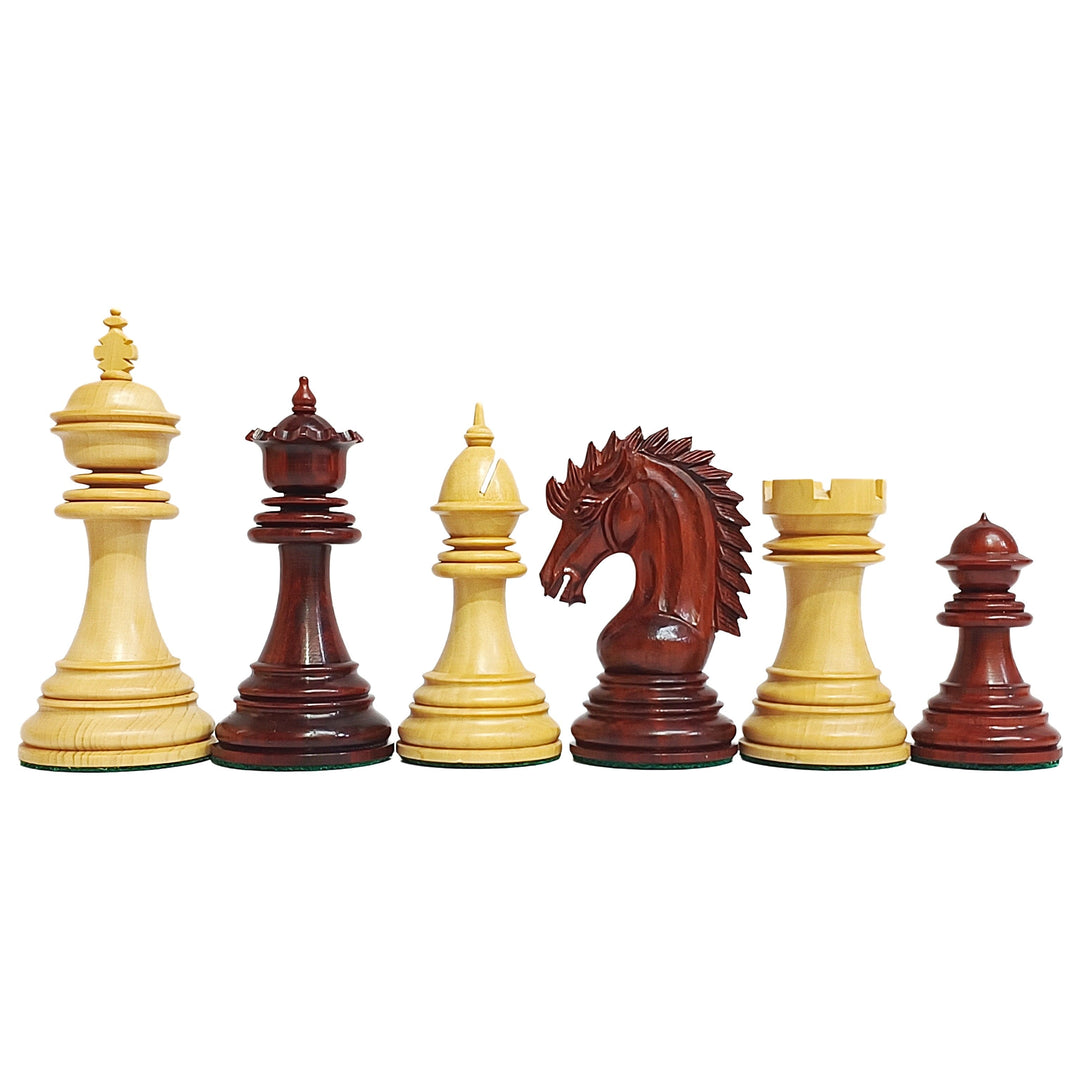
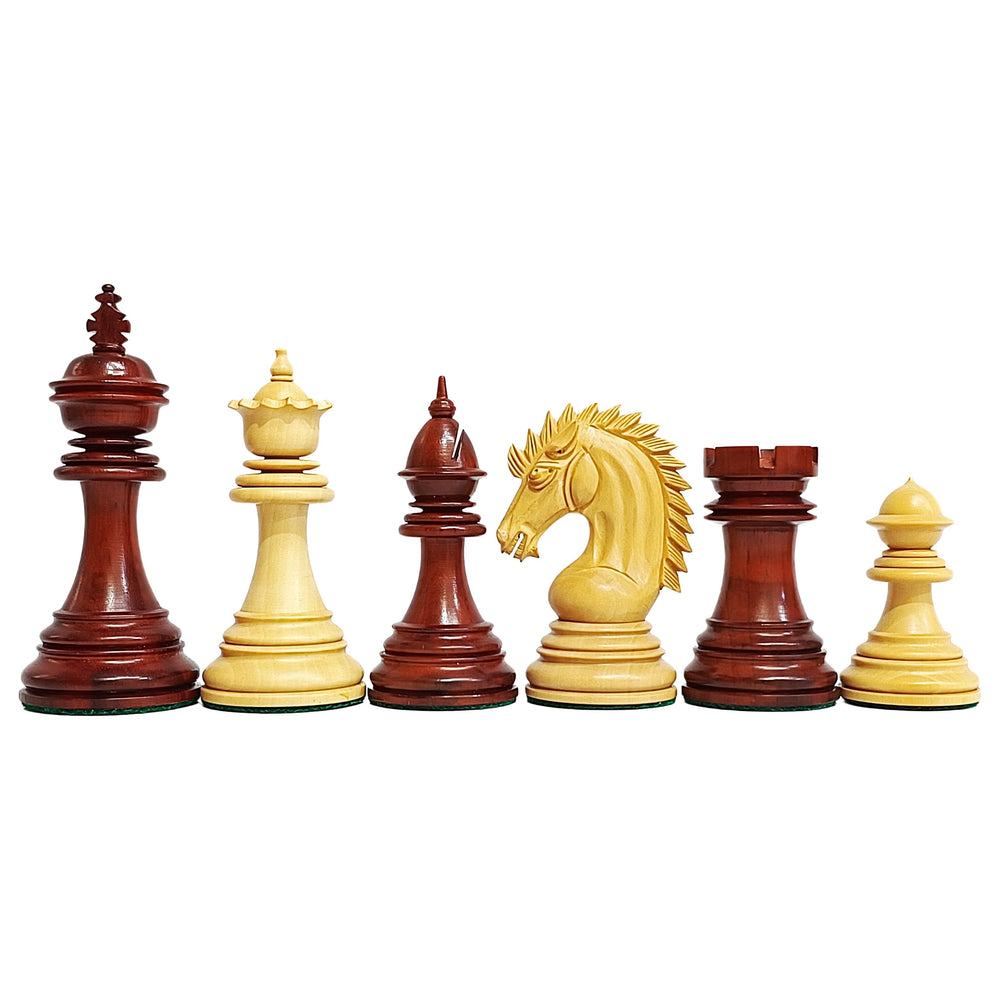





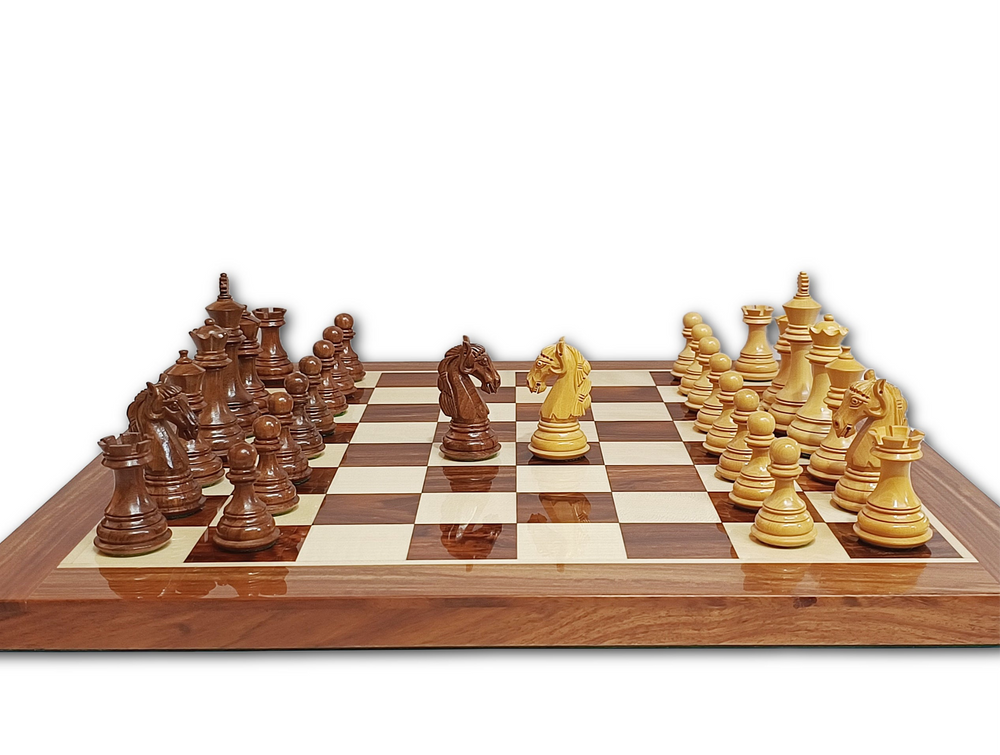
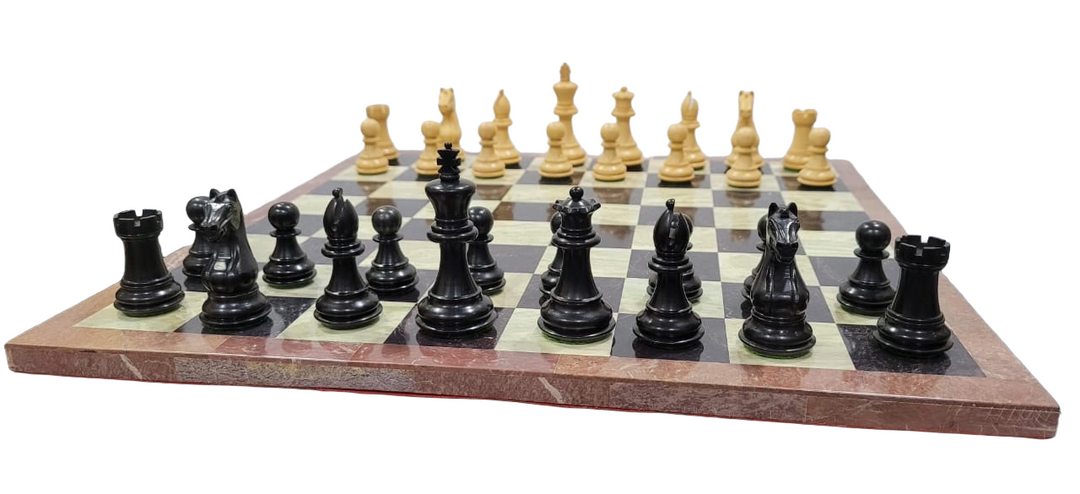
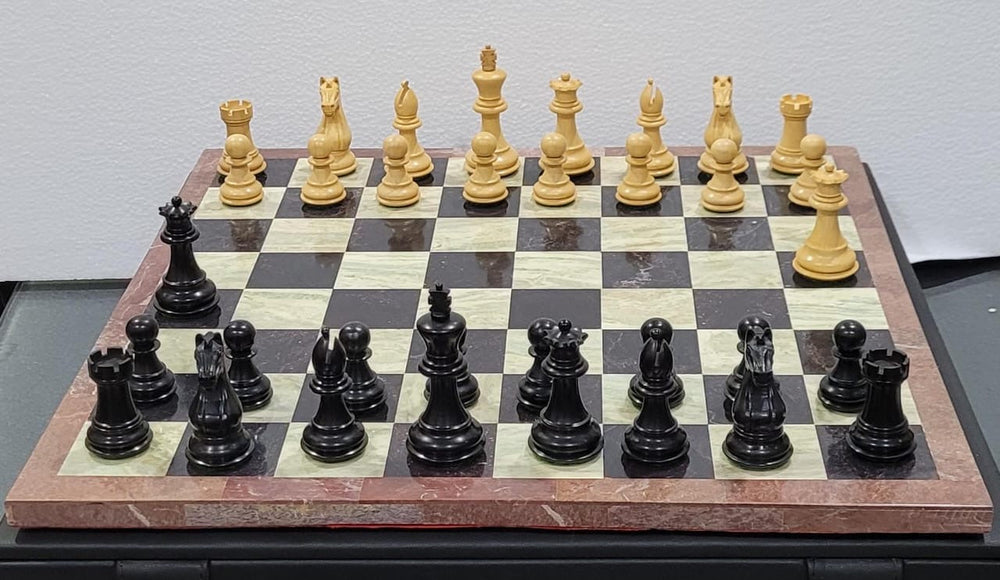
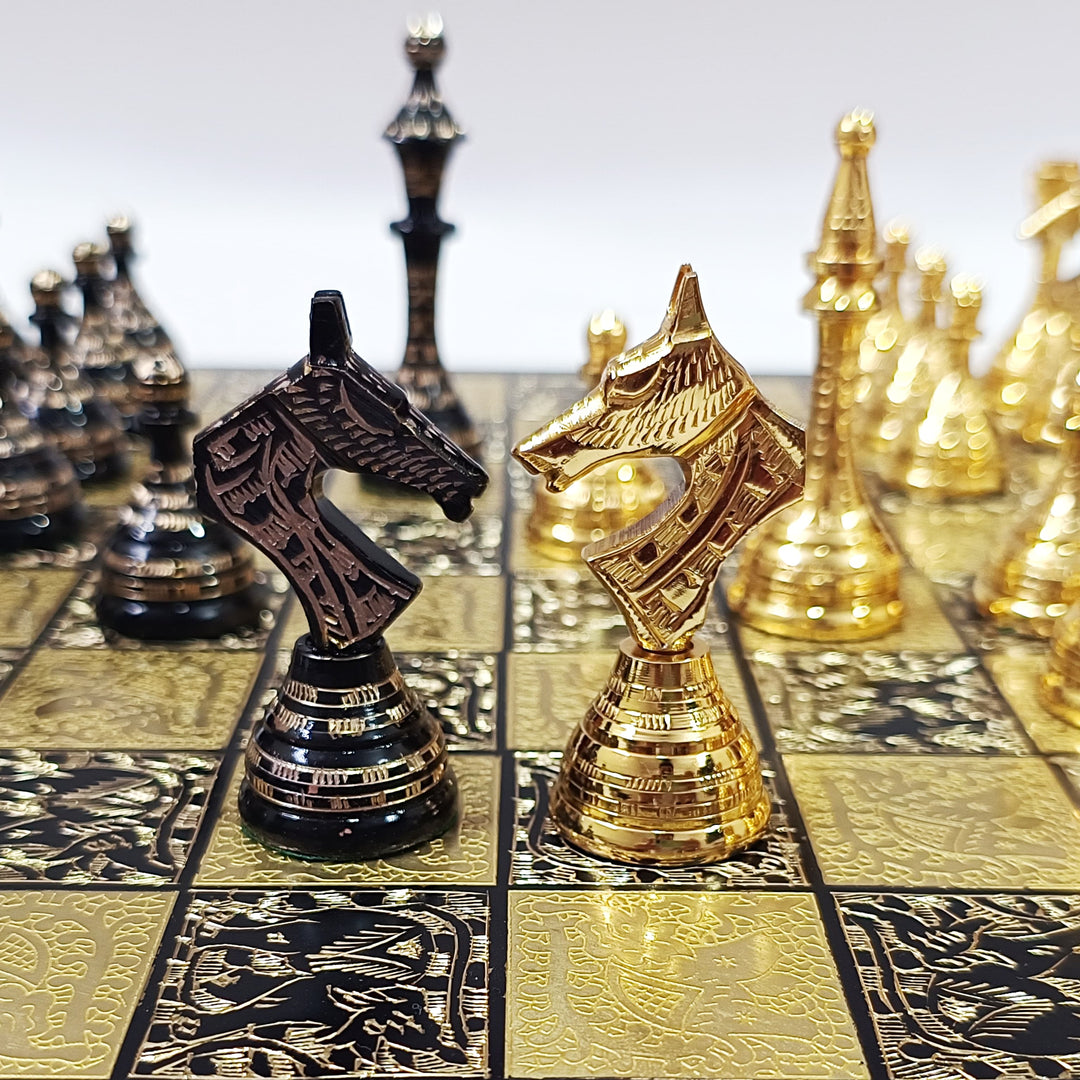
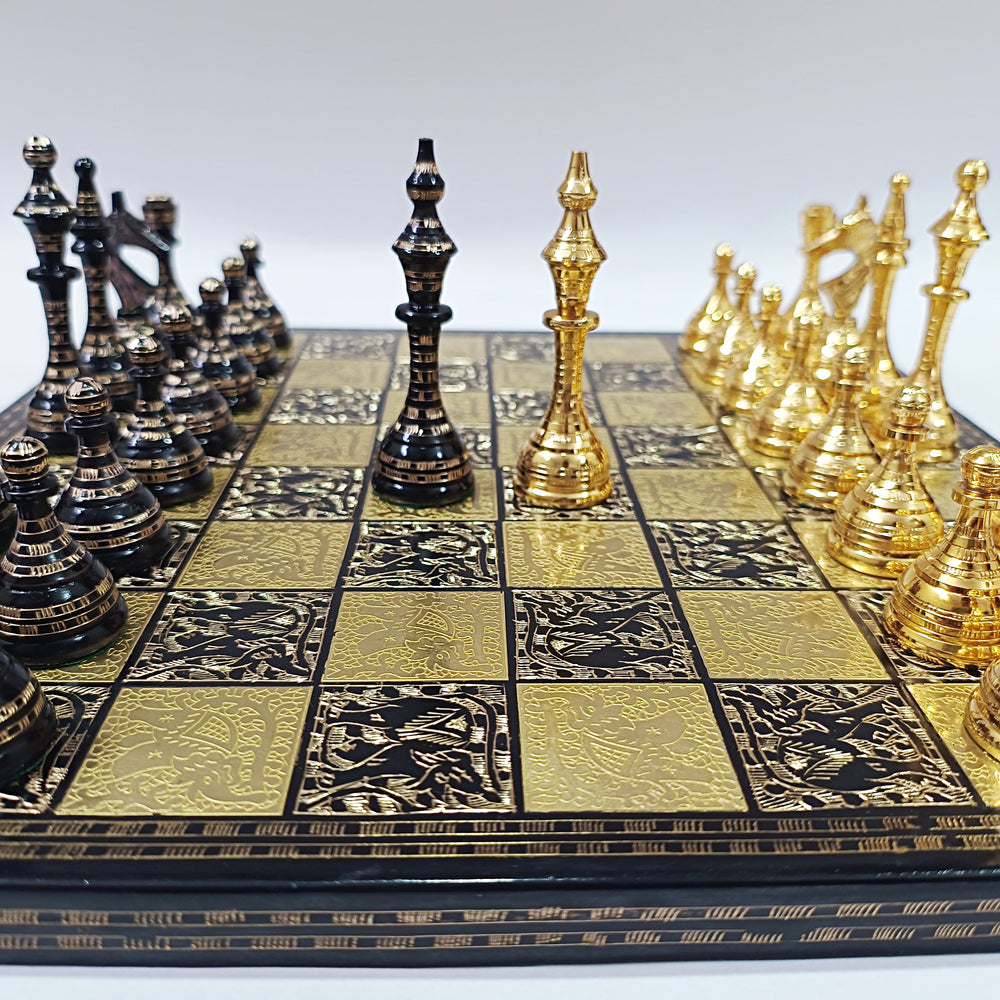


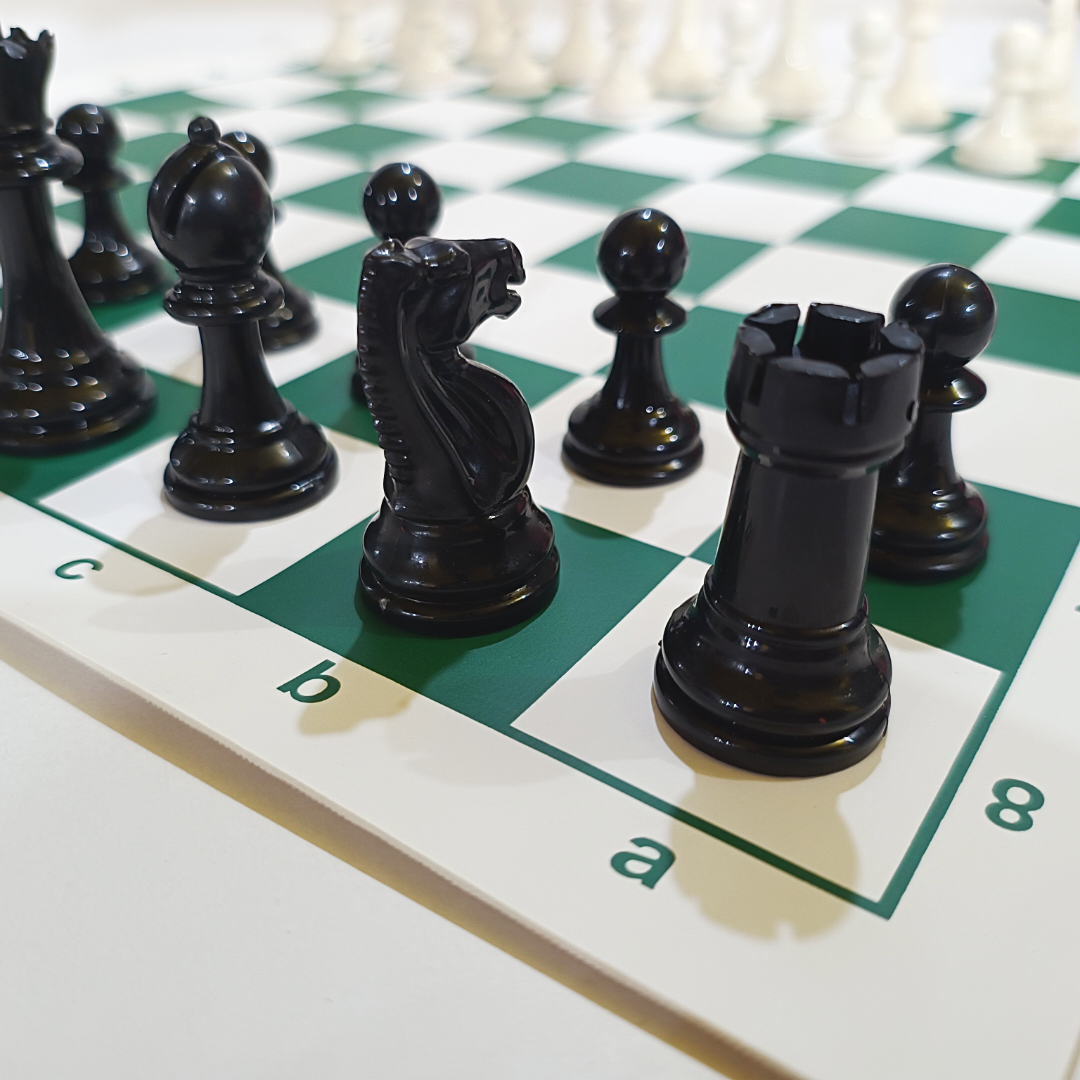
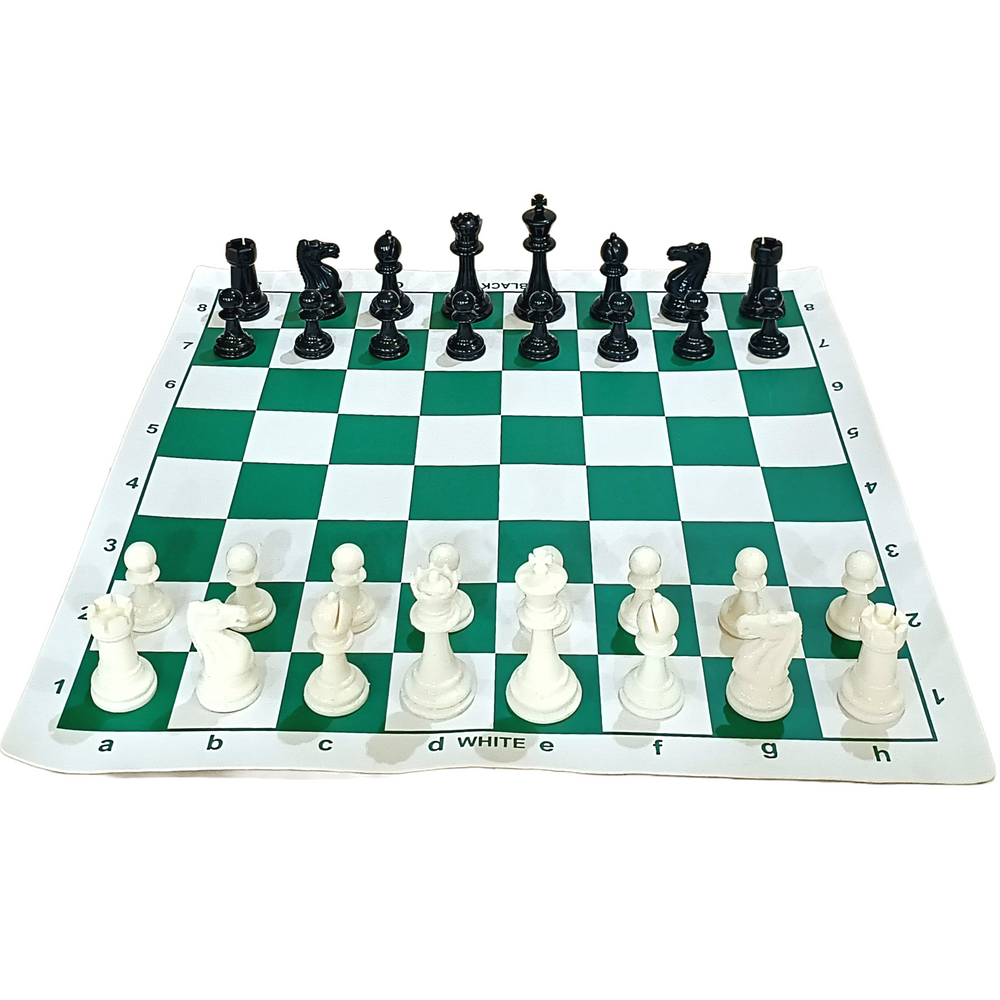






Leave a comment